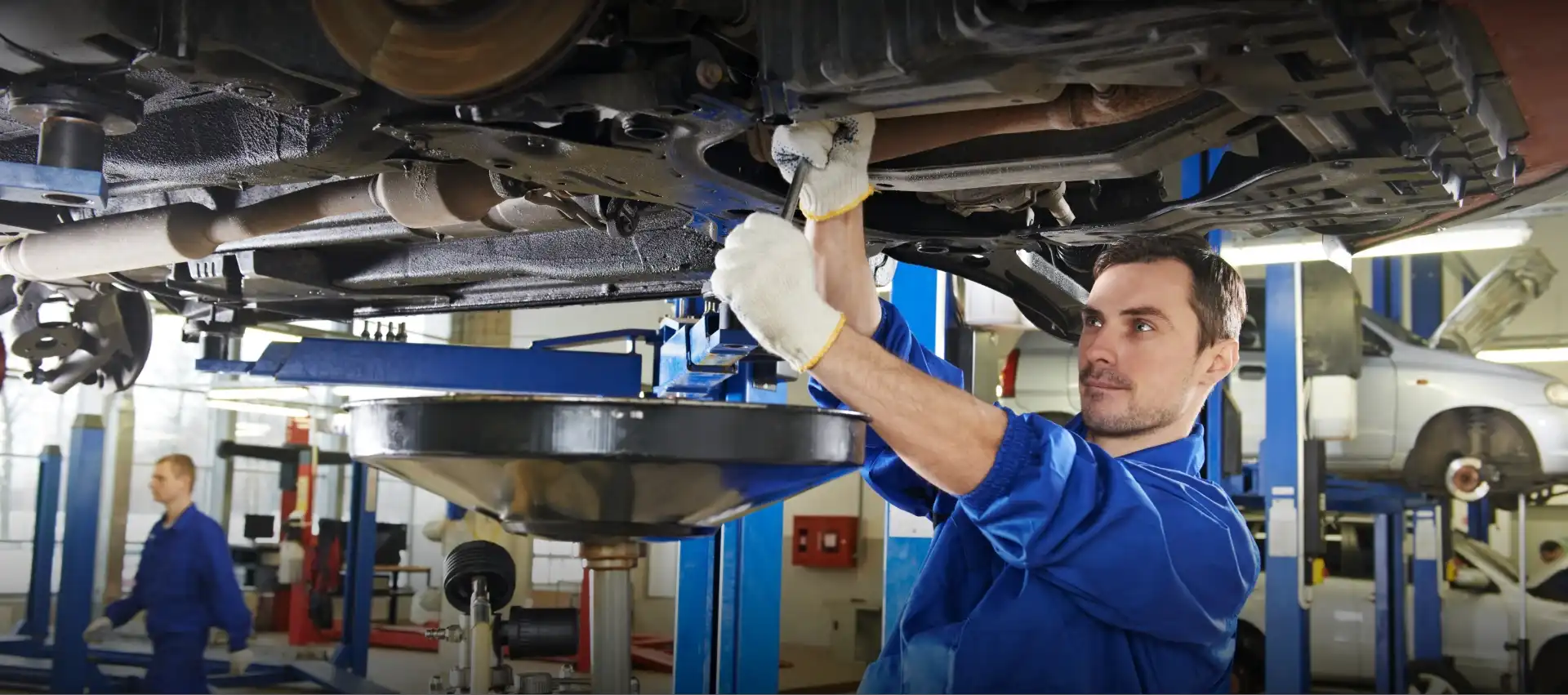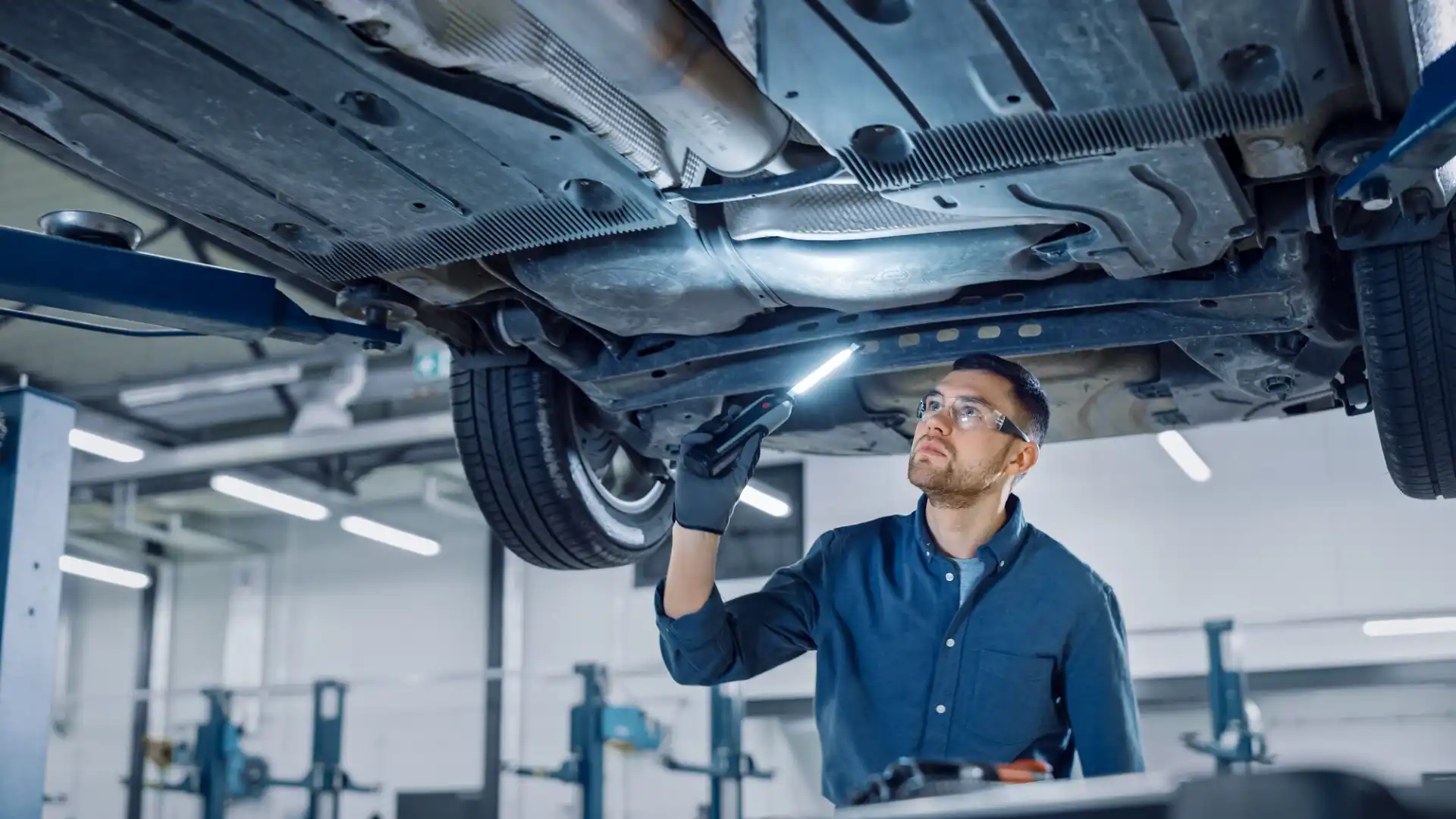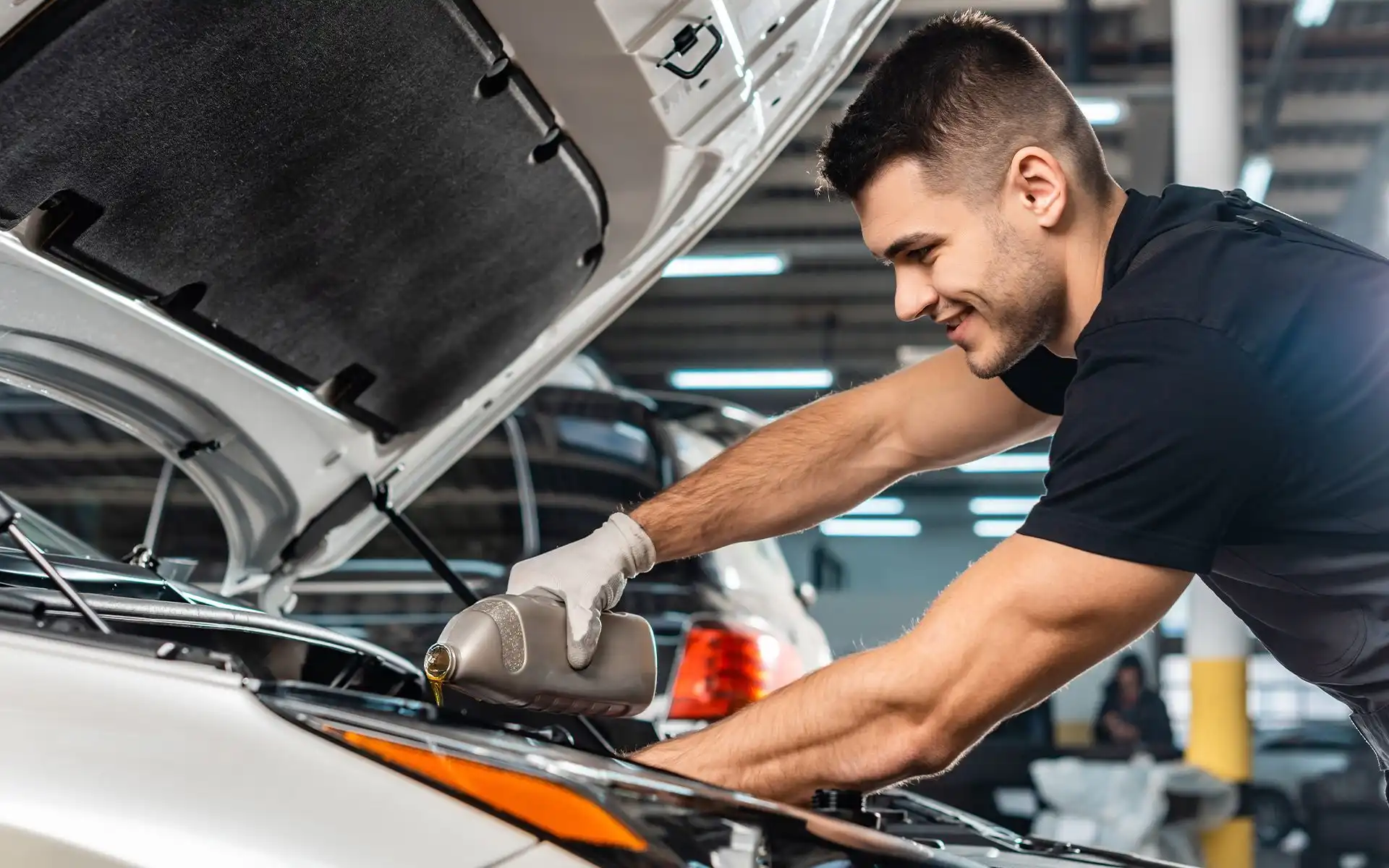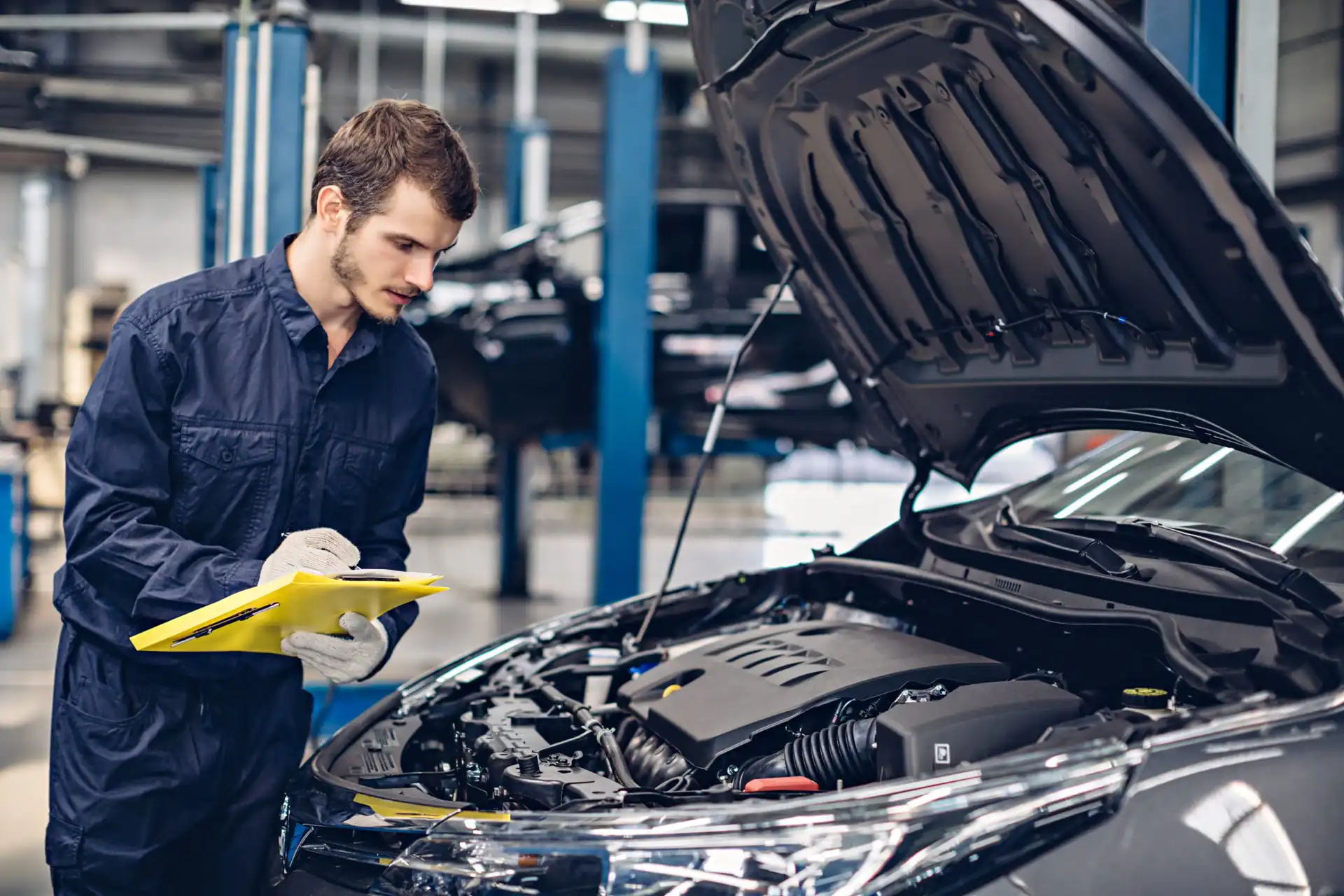Owning a vehicle comes with a lot of responsibilities, and one of the most important tasks is ensuring that your car is properly maintained. Regular vehicle maintenance might seem like an extra expense, but it actually plays a critical role in keeping your car running smoothly and, more importantly, saving you money in the long run. Neglecting your vehicle’s maintenance can lead to expensive repairs, reduced efficiency, and a shorter lifespan for your car. On the other hand, investing in regular upkeep can help prevent costly issues and improve your vehicle’s performance, reliability, and safety.
In this blog, we’ll discuss the importance of regular vehicle maintenance and how it can save you money over time.
1. Increases Longevity of Your Vehicle
One of the most significant benefits of regular maintenance is that it helps extend the life of your vehicle. Cars that are properly maintained tend to last much longer than those that are neglected. Regular maintenance allows you to identify and fix minor problems before they escalate into costly repairs, meaning you get more years and miles out of your car.
What regular maintenance includes:
-
Oil changes: Regular oil changes help lubricate the engine, prevent wear, and improve fuel efficiency.
-
Fluid checks: Fluids such as brake fluid, coolant, transmission fluid, and power steering fluid are essential for the proper functioning of your vehicle’s systems.
-
Tire maintenance: Rotating your tires and ensuring they are properly inflated helps avoid uneven wear and premature tire replacement.
Why this matters:
-
Regular maintenance prevents serious mechanical failures and allows your car to run efficiently, ultimately saving you the cost of expensive repairs and increasing its resale value when you’re ready to sell.
2. Prevents Costly Repairs
A major reason to stick to a regular vehicle maintenance schedule is that it helps you avoid major breakdowns. Small problems, like a leaking hose or a worn-out belt, might not seem urgent at first, but if left unchecked, they can lead to much larger (and more expensive) issues. For example, failing to replace a worn-out timing belt can result in engine failure, which can cost thousands of dollars to repair.
How regular maintenance helps prevent costly repairs:
-
Early detection of issues: Routine inspections allow mechanics to catch minor issues before they become major problems.
-
Improved performance: Well-maintained vehicles run more efficiently, preventing damage caused by faulty components that might otherwise go unnoticed.
-
Avoiding unnecessary wear and tear: Regular maintenance, such as changing air filters, checking fluid levels, and inspecting belts and hoses, helps prevent additional strain on your engine and other key systems.
Why this matters:
-
By addressing issues early and preventing more significant damage, you avoid expensive repairs that could have been avoided with timely maintenance. It’s far more cost-effective to replace a part before it causes damage to other parts of your vehicle.
3. Improves Fuel Efficiency
Fuel costs are one of the biggest ongoing expenses for car owners. Regular maintenance ensures that your vehicle is running efficiently, which can significantly improve fuel economy. Things like dirty air filters, low tire pressure, or worn-out spark plugs can all decrease your car’s fuel efficiency.
How maintenance improves fuel efficiency:
-
Oil changes: Fresh oil helps your engine run more smoothly, reducing friction and improving fuel economy.
-
Tire maintenance: Properly inflated tires reduce rolling resistance, which can improve gas mileage.
-
Air filter replacement: A clean air filter allows for better airflow to the engine, improving combustion efficiency and fuel economy.
-
Spark plug replacement: New spark plugs ensure that the engine runs efficiently, which can lead to better fuel mileage.
Why this matters:
-
With the rising cost of fuel, maintaining fuel efficiency is an excellent way to save money over time. Regular maintenance ensures that your vehicle is running at its best, reducing the amount of money you spend on gas each month.
4. Enhances Safety and Reduces Risk of Accidents
Another significant benefit of regular vehicle maintenance is that it helps keep you and your passengers safe. Properly maintained vehicles are less likely to break down unexpectedly or experience mechanical failures that could lead to accidents. Regular maintenance, including brake checks, tire inspections, and fluid checks, ensures that your car remains in optimal condition, reducing the risk of accidents.
How regular maintenance contributes to safety:
-
Brakes: Regularly checking your brake system and replacing worn-out pads ensures that you can stop your vehicle safely and quickly when needed.
-
Tires: Maintaining proper tire pressure and replacing tires when needed ensures better traction and handling, reducing the risk of blowouts or accidents in poor road conditions.
-
Lighting and visibility: Checking headlights, taillights, and windshield wipers ensures that you have maximum visibility on the road.
Why this matters:
-
A safe vehicle reduces the risk of accidents, protecting you, your passengers, and other drivers. Additionally, avoiding accidents means fewer repair costs and fewer medical bills, which saves you money in the long run.
5. Protects Your Vehicle’s Warranty
If your vehicle is still under warranty, maintaining it according to the manufacturer’s recommendations is essential for keeping that warranty intact. Failing to keep up with regular maintenance can void your warranty, leaving you responsible for any repairs that would have otherwise been covered.
How regular maintenance protects your warranty:
-
Manufacturer’s requirements: Most warranties require that you keep up with scheduled maintenance, such as oil changes, fluid checks, and tire rotations.
-
Documented maintenance: Keeping detailed records of all the services performed on your vehicle ensures that your warranty remains valid.
Why this matters:
-
Regular maintenance protects your investment by ensuring that your vehicle remains under warranty, which can save you significant costs if major repairs are needed in the future.
6. Increases Resale Value
If you plan to sell or trade in your vehicle in the future, maintaining it regularly can help maximize its resale value. Buyers are more likely to purchase a well-maintained vehicle that has been properly serviced, and they will often pay more for a car with a proven maintenance history.
How maintenance increases resale value:
-
Maintenance records: Providing potential buyers with a detailed service history shows that the car has been well cared for and is less likely to experience major issues.
-
Better condition: A car that has been regularly maintained will have fewer mechanical issues and will be in better overall condition, making it more appealing to buyers.
Why this matters:
-
Regular maintenance helps maintain the appearance, performance, and reliability of your vehicle, which can increase its resale value when you decide to sell it.
Conclusion
Regular vehicle maintenance is a small investment that yields significant benefits. Not only does it save you money by preventing expensive repairs and improving fuel efficiency, but it also enhances the longevity, safety, and resale value of your vehicle. By sticking to a maintenance schedule and addressing minor issues before they become major problems, you can ensure that your car runs smoothly and efficiently for years to come.
Remember, the cost of maintenance is always lower than the cost of major repairs or the expense of a replacement vehicle. So, don’t wait for problems to arise—schedule your next vehicle service today and enjoy the peace of mind that comes with knowing your car is in top condition!





